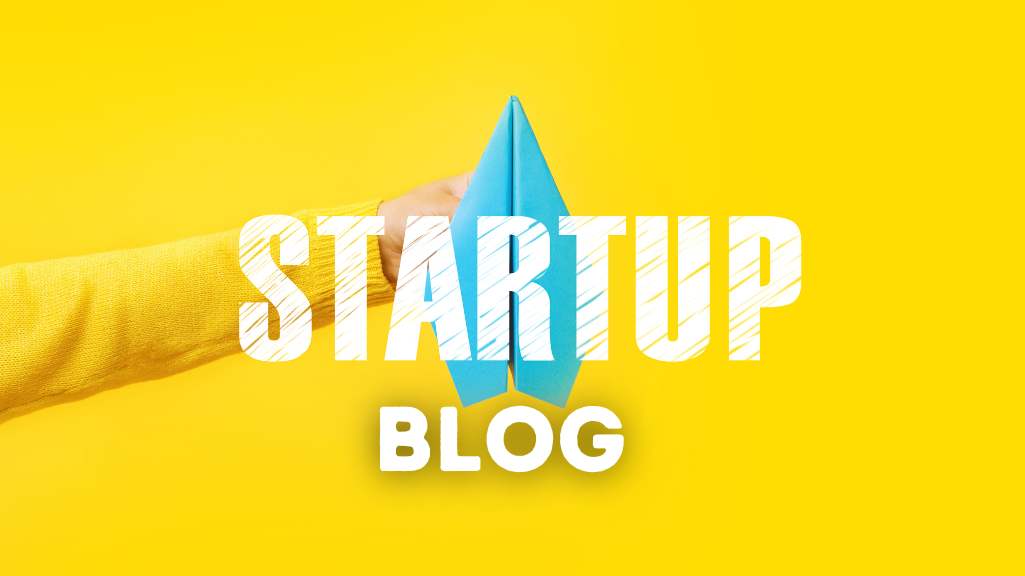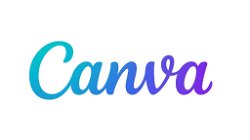Does a Startup Need a Blog in 2023?
Vihaan Disouza
. 2 min read
Businesses of all kinds start blogging as a way to build up a long-term audience. But the reverse is also happening, with more and more bloggers starting businesses as an extension of their blog. And it makes sense. One of the biggest challenges new businesses face is building an audience for their products. New bloggers, on the other hand, often work backward building an audience first by consistently putting out good content. Additionally, with the rise of technology and online platforms, bloggers can now leverage random chat functionalities to further engage with their audience and transform their blogs into interactive communities.

Embrace At Least One Other Platform
The reality is, people aren’t hanging out on blogs quite like they used to. Across the board, people have seen traffic stagnate or decline. This could be due to any number of reasons, but a big part of it is that readers are spending their time elsewhere. Platforms like Instagram, YouTube, LinkedIn, TikTok and others have increased in popularity to the point where a user can spend time on one of those platforms.
Pick your Blog Name and Niche
Your blog’s name is what readers will see first (like yourblog.com), so it should ideally represent either the general topics you’ll be writing about or it could be your own name, that of your business, a clever combination of words, or otherwise. Incorporating a word or two that clearly signals what your content is about, within the name of your blog will be very helpful for your future blog readers.
Reasons You Might Want To Start a Blog
There are several reasons to start a blog: You could be looking to start a blog to try a fun hobby, generate some side income, build a community or for any of the following reasons:
To Document What Happens to You: The word “blog” is actually a shortened form of “weblog,” a relic from its origins as a way to document what was happening.
To Have a Creative Outlet: Blogging encompasses writing, editing, and to some extent, design.
To Share Your Thoughts and Experiences: No one else is youbwhich means you have thoughts and experiences that are uniquely your own.
To Connect With People: Blogging is an excellent way to connect with others, whether they be other bloggers, content creators or your intended audience.
Why Outsource Your Blog to a Professional Service?
If you’re convinced of the benefits of publishing a blog, great! But there’s a lot of work between deciding to create a blog and actually publishing content regularly. Some bootstrapped startups will choose to write their own blog posts. The main advantages of this approach are that it costs nothing and, obviously, nobody knows your business better than you do. However, regular blogging is a significant ongoing time commitment.
Website Hosting
Unless you plan on using a free service to host your material, you’re going to need to calculate your overall website hosting costs and figure out how much of your potential budget these are going to eat up. The shared hosting industry is currently trading in something of a competitive market, so it’s certainly a good time to buy. There are a number of deals that can bring hosting costs down to less than around annually.
Choose a Name and Publishing Platform
- To make sure your blog is memorable and stands out, give it a unique and interesting name.
- You also want the name to clearly identify what the blog is about so people “get it” at first glance.
- And you definitely want the “.com” to be available. That’s universally what people search for and expect.
- As for a publishing platform, there are lots of paid and free options available to new bloggers.
More Stories from
Exploring the World Through Food: Best Dishes to Try on Your Next Travel Adventure
This article discusses the importance of food tourism in experiential travel and suggests some of the best dishes in the world according to experts and travelers.
Reasons Why Reading While Traveling is a Great Idea?
Reading while traveling is a great way to pass the time and keep yourself entertained during a long journey.
Canva: Empowering Creativity and Design Simplicity
Discover how Canva, the user-friendly graphic design platform, has revolutionized the world of visual communication.
The Rise of Virtual Travel: Exploring the World from the Comfort of Home
This article explores the surging popularity of virtual travel, a modern phenomenon that allows individuals to experience the world's wonders from the comfort of their homes.
The Art of Photography: Capturing Moments that Last a Lifetime
In this article, we explore the fascinating world of photography, tracing its evolution from its early beginnings to the digital age.






.png?width=40&aspect_ratio=1:1)

.png?width=40&aspect_ratio=1:1)
.png?width=40&aspect_ratio=1:1)



